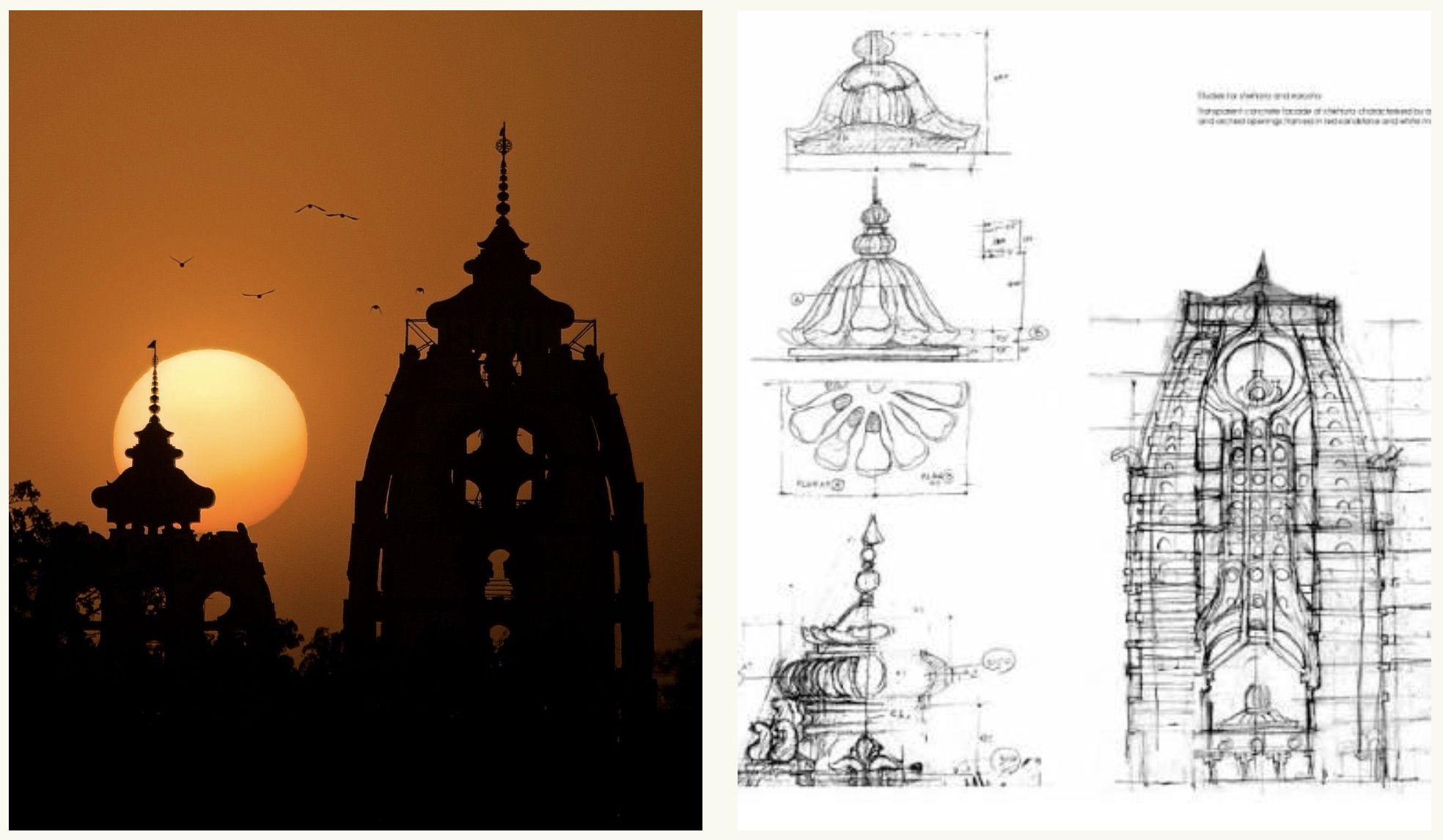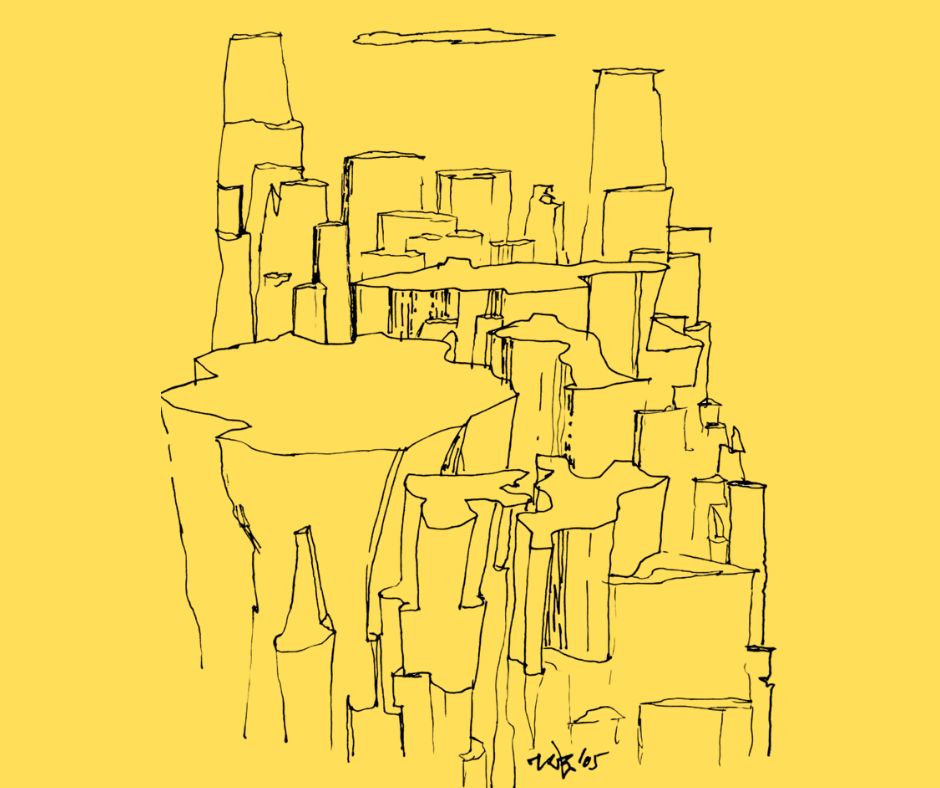On June 20, 2023, the Centre for Environmental Planning & Technology (CEPT) announced Mumbai-based architect Sameep Padora as its new Dean. With over 15 years of experience in practising architecture, Sameep has been a part of the Board of Studies for the Faculty of Design at CEPT since 2017. Assuming his new position as the Dean, starting July 01, 2023, Sameep will be replacing Prof. Anjali Yagnik.
Sameep is the principal architect and founder of his Mumbai-based studio, sP+a (Sameep Padora & Associates) and the Director of sPare, a research initiative looking at issues of urbanization & architecture in India. sPare’s maiden project- documentation and analysis of historic housing types in Mumbai, resulted in a travelling exhibition, ‘In the Name of Housing’, and a book published by the UDRI. He has also authored other books, such as ‘(de)Coding Mumbai’, published by CEPT University Press in 2023. He is one of the founding members of the Bandra Collective, an organization of architects engaged in the design of public spaces in Mumbai.

Brutalist India | Akbar Bhawan, New Delhi
As part of Brutalist India series Bhawna Dandona writes about Akbar Bhawan, in New Delhi.









One Response
congratulations take on the adventure of CEPT to future heights